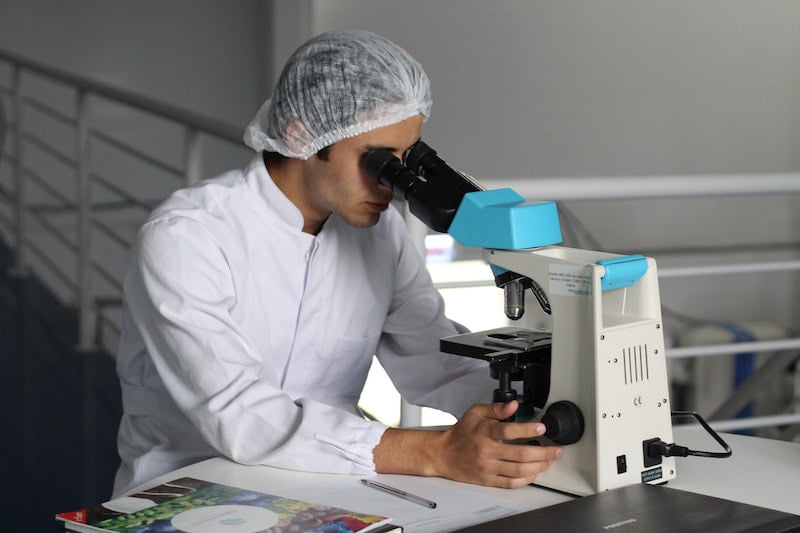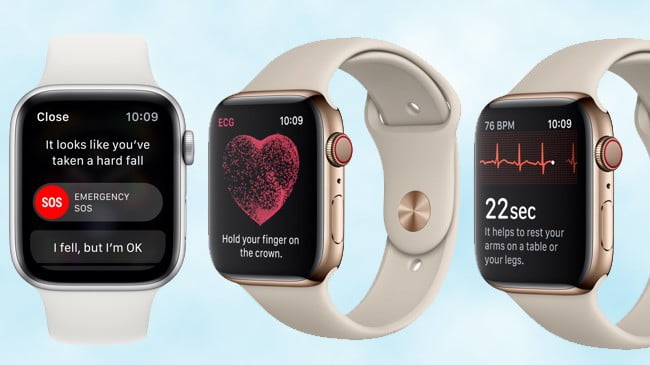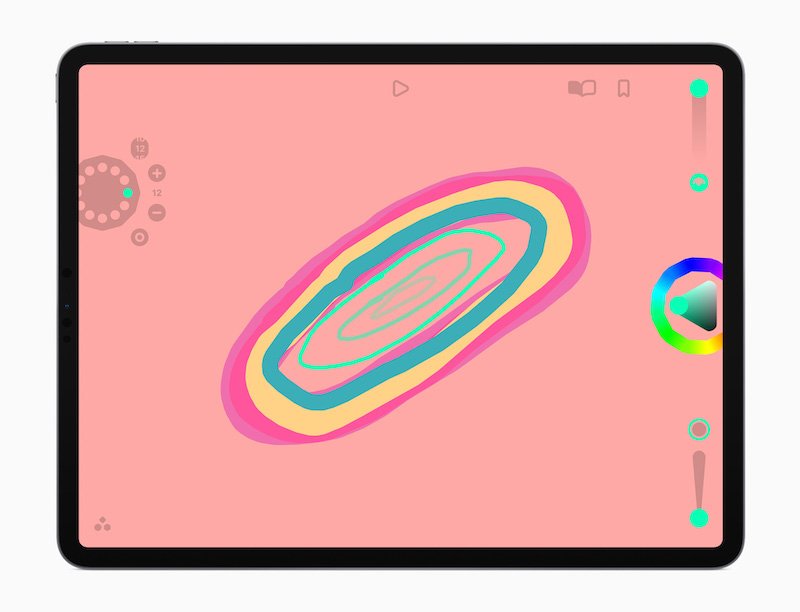We live in truly incredible times. We carry entire libraries and movie theaters around in the palm of our hands. With the click of a button, we can pull up the face of a loved one located on the other side of the globe and settle in for a long talk as seamless as if they were right in front of us. Private businesses are now sending astronauts into space, our packages are now being delivered by drones, and every day, we’re moving closer to driverless vehicles.
When it comes to the miracles of modern technology, however, it’s probably the field of healthcare that’s blazing the trail. The new tools and technologies that are on the horizon often sound much more like science fiction than science fact, yet they are very real. They have the promise of not only saving lives but of transforming them. This article discusses some of the most exciting, emerging technologies in the field of healthcare today.
Public Health
If the recent global pandemic has taught us anything, it’s the vital importance of public health and epidemiology. As technologically advanced as our modern world may be, we are still nearly as vulnerable as our ancient ancestors to the spread of infectious disease. Epidemiologists, however, are striving to change that, and the coronavirus outbreak has been just one more difficult but invaluable lesson in how diseases spread, what they do, and how they can be contained or prevented.
For example, due to the breathtaking speed of its spread and the appalling worldwide fatality rate, epidemiologists and other scientists and researchers have been forced to move with unprecedented quickness to develop mass testing. From diagnostic to immunity testing, these are tools that, literally, did not exist just a few months ago because the virus itself is so new. And yet today they are being used to treat, track, and contain the disease.
The speed with which the development of coronavirus diagnostic and antibody tests have been developed isn’t just going to aid in the fight against this virus. It’s also going to accelerate processes for developing novel diagnostics and immunological tests in the future. Not only that, but it’s also going to revolutionize how vaccines are developed, demonstrating that what used to take years may now be done safely and effectively in a matter of months.
Genetic Testing
For centuries, explorers and adventurers have been looking for the Fountain of Youth. Fiction writers from HG Wells to Stephen King have envisioned the dream of perfect, eternal health and beauty. Science is increasingly suggesting that this dream isn’t going to be realized in some magical potion or mystical elixir. Instead, it’s looking more and more that the seeds of great health and extraordinary longevity lie within our genes.
Nowadays, of course, commercial genetic testing is wildly popular. Millions of people every year purchase these over-the-counter genetic testing kits and bing-bang-boom, within a matter of weeks, they have virtually everything they ever wanted to know — and maybe some things they didn’t want to know — about their family history, their ancestry, and even their own unique genetic code.

But DNA testing is about much more than just gathering some neat information about yourself and your family. Commercial kits can provide vital information about your health and, especially, about your particular health risks. Armed with such detailed, customized information, you and your healthcare team can develop a preventative health plan tailored to your specific needs and goals. And that can have you thriving for decades to come!
Best of all, with physician-prescribed testing, your doctor can develop a detailed profile of your genetic code. That can greatly increase the efficacy of treatment protocols designed to battle everything from cancer to clinical depression.
This testing can even detect specific allergies that you may not have been aware of, which is vital information both for you and for your healthcare team. And it’s not just food and medication allergies that you need to be aware of. Metal allergies, for instance, can cause severe, even life-threatening reactions; reactions that might not be recognized or understood by you or your doctor until they have progressed to dangerous levels.
And what this means is doctors will soon be able to formulate treatment strategies specifically tailored to your DNA. That’s going to lessen the chance for allergic reaction to treatment and decrease the likelihood that your immune system will reject an implant or injectable. For cancer patients, it’s also going to ensure that the therapy is precisely engineered to target the genetic makeup of the tumors, allowing them to attack the malignancies while leaving healthy tissues alone.
The Rise of the Wearables

Just like the massive popularity of commercial genetic test kits, wearable health tech is all the rage today. For good reason. Today’s health wearables are about far more than counting your steps. With these technologies, you can track your blood pressure and heart rate and monitor your sleep quality and nutrition. Your doctor can even prescribe at-home sleep studies, EEGs, and EKGs, with these at-home wearables securely transmitting your vital health data to your healthcare team.
With today’s wearables, you not only get a great profile of your health status today, but you can also be alerted to significant changes, both good and bad. Emerging signs of problems can be detected early, while the effectiveness of treatment strategies and wellness plans can be more easily and accurately measured.
The Takeaway
We’re all still looking for that fabled Fountain of Youth. But, thanks to the health technology of today, not to mention the tools that are on the horizon for tomorrow, we are closer than ever to transforming fiction and fantasy into fact. From genetic testing to the proliferation of health wearables, long life and good health, more than ever, are truly in our hands.
Women Love Tech would like to thank Beau Peters for his story.






